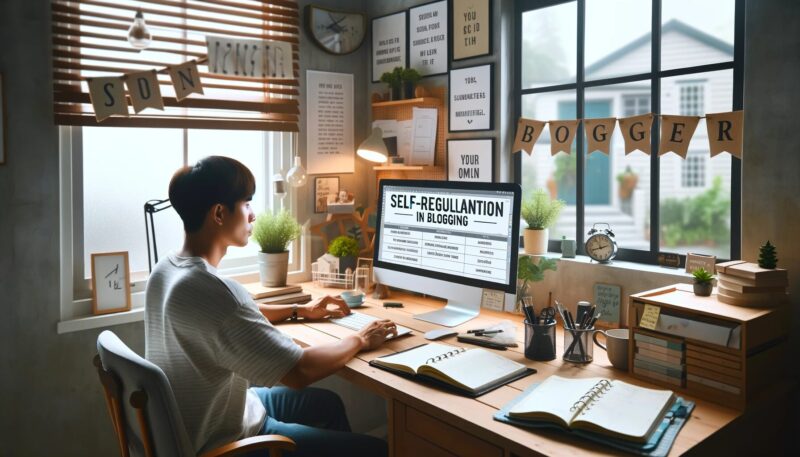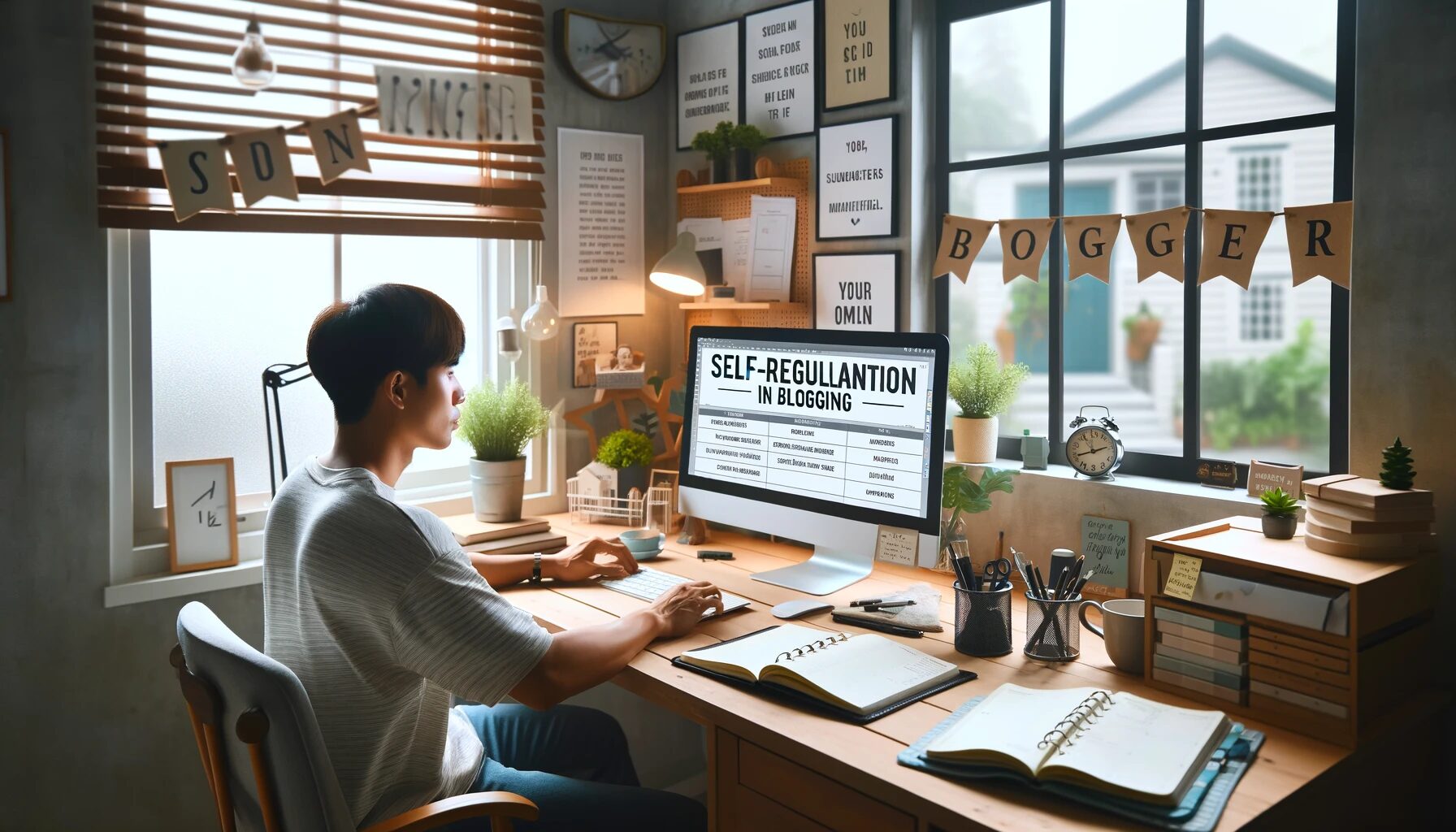What is Self-regulation theory?
Self-regulation theory is a framework that explains how individuals manage their behavior, emotions, and thoughts to achieve their objectives.
One of the key aspects of this theory is to comprehend how one can control their actions in a way that aligns with personal goals.
Self-regulation theory plays a crucial role in various aspects of life, such as managing emotions and maintaining relationships.
Key Components and Process
The theory of self-regulation consists of several critical components
- Standards of behavior
- Motivation to comply with those standards
- Monitoring situations or mental states that may deviate from the above standards
- Willpower required to control impulses and maintain behavior consistent with the standards.
The process of self-regulation involves setting goals, observing one’s behavior to ensure consistency with these goals, and adjusting behavior based on feedback from these observations.
Applications
Self-regulation theory has a wide range of applications, including education for effective learning and self-management, as well as in health psychology to improve patient health initiatives.
Psychological and Social Implications
Understanding this theory and improving one’s behavior can lead to improved psychological well-being and social functioning.
This can help individuals take appropriate action when impelled by economic problems or social conflicts.
Conclusion
In conclusion, self-regulation theory is the interplay between personal control, goal attainment, and behavior.

Example from My experience!

Discovering Self-Regulation Theory
As a blogger, I have found it challenging to effectively manage my time and content.
However, to address this issue, I started applying the self-regulation theory.
This theory focuses on controlling behavior, emotions, and thoughts, which has helped me in improving my blog management.
Implementing the Strategy
To implement this strategy, I began by setting clear, achievable goals for blog posting frequency, content diversity, and engagement metrics.
This approach has enabled me to continue writing autonomously while staying on track with my long-term goals.
Daily Monitoring and Adjustment
Daily monitoring and adjustments are critical to ensure progress towards my blogging goals.
Therefore, each morning, I review my blogging tasks to check if they align with my goals.
If I notice any decline in reader engagement, I adjust my content by incorporating my personal stories.
Overcoming Challenges with Willpower
Staying true to the goals I set for myself requires a lot of willpower, especially when I get distracted.
However, I remind myself of my long-term goals for the blog, which helps me stay motivated and focused.
Results and Reflections
Applying the self-regulation theory has not only improved my blogging performance, but it has also changed my mindset as a blogger.
I now understand the importance of self-management and proactive behavior improvement.
As a result, I enjoy blogging more and work towards achieving better results.

This article uses material from the Wikipedia article “Self-regulation theory” which is released under the Creative Commons Attribution-Share-Alike License 4.0. Additionally, the texts and images were generated using ChatGPT.

